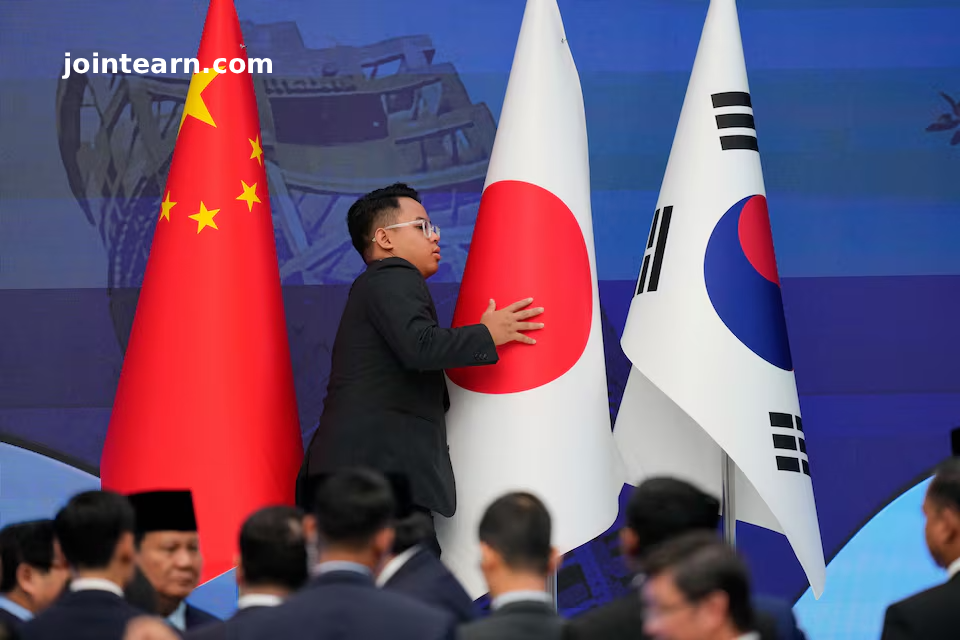
Chinese cruise operators are avoiding Japanese ports amid escalating diplomatic tensions between Beijing and Tokyo, with South Korea emerging as a potential beneficiary for tourism and travel businesses. Sources and cruise itineraries reviewed by Reuters indicate that Chinese tourists may increasingly redirect travel plans to South Korea due to safety concerns and political sensitivities.
Cruise Schedule Changes
The Chinese cruise Adora Magic City, which usually stops at South Korea’s Jeju Island as well as Japanese ports like Fukuoka, Sasebo, and Nagasaki, has revised its December itinerary. Instead of visiting Japan, the ship will now spend 31 to 57 hours in Jeju, compared with the usual nine-hour stay.
A Jeju provincial official suggested that the rerouting is likely linked to China-Japan diplomatic tensions, although the cruise operator did not provide an official reason.
“It seems like they are drafting a Plan B,” the official said.
Impact on Japanese and South Korean Tourism
Japanese tourism has already felt the impact: East Japan International Travel Service reported losing 80% of bookings for the remainder of the year due to the diplomatic dispute.
Meanwhile, South Korea is poised to benefit:
- Data from online travel agency Qunar shows South Korea as the top destination for Chinese travelers over the weekend of 15–16 November.
- Airlines are offering refunds for flights to Japan, boosting potential air travel to South Korea.
- Shares of South Korean tourism-related companies have surged:
- Lotte Tour Development up 20%
- Yellow Balloon Tour up 24%
- Shinsegae up 6%
Tour operators and port agents in South Korea report discussions with multiple Chinese cruise lines about rerouting to Incheon or Busan, while acknowledging it may take time before a measurable uptick in tourism occurs.
Background: Diplomatic Tensions
The tensions were sparked by remarks from Japan’s new Prime Minister, Sanae Takaichi, who warned that a potential Chinese attack on Taiwan could trigger a Japanese military response. These statements have fueled concerns among Chinese travelers, some of whom now perceive Japan as unsafe.
Historically, territorial or diplomatic disputes have influenced tourism patterns. In 2013, South Korea saw a more than 50% increase in Chinese visitors during a dispute with Japan over islands in the East China Sea.
Chinese Tourists Respond
Chinese tourists are already reconsidering travel plans:
- Luna Wang, a visitor from Hangzhou, said she may now choose South Korea over Japan.
- Su Shu, founder of Chengdu-based Moment Travel, observed a dramatic shift in traveler sentiment: “The feeling now is that whoever goes is a traitor.”
With cruise ships spending longer periods in South Korea and rerouting planned ports, the country is expected to see an increase in Chinese tourism if diplomatic tensions continue.
Key Takeaways
- Chinese cruise ships are avoiding Japanese ports amid Beijing-Tokyo tensions.
- Jeju Island will host longer stays for Chinese tourists, potentially increasing South Korean tourism revenue.
- Japanese tourism losses include 80% of bookings canceled for the rest of 2025.
- South Korean travel stocks surge in anticipation of increased Chinese visitors.
- Historical disputes show that diplomatic tensions can significantly redirect international tourism flows.


Leave a Reply